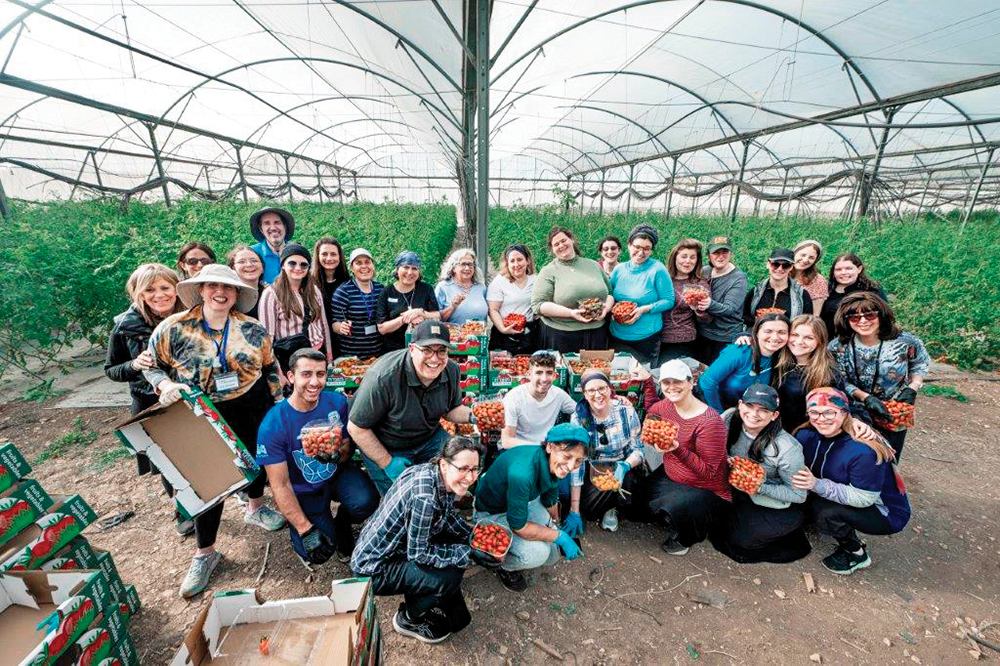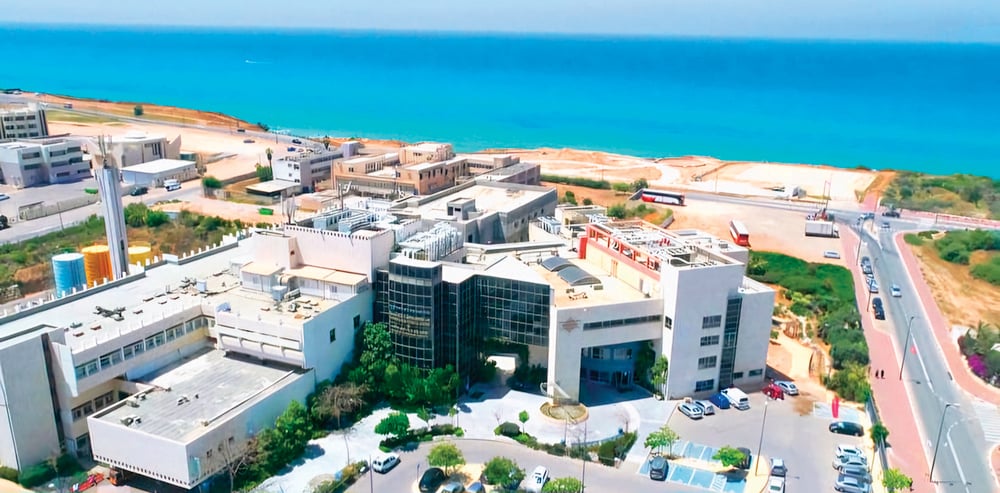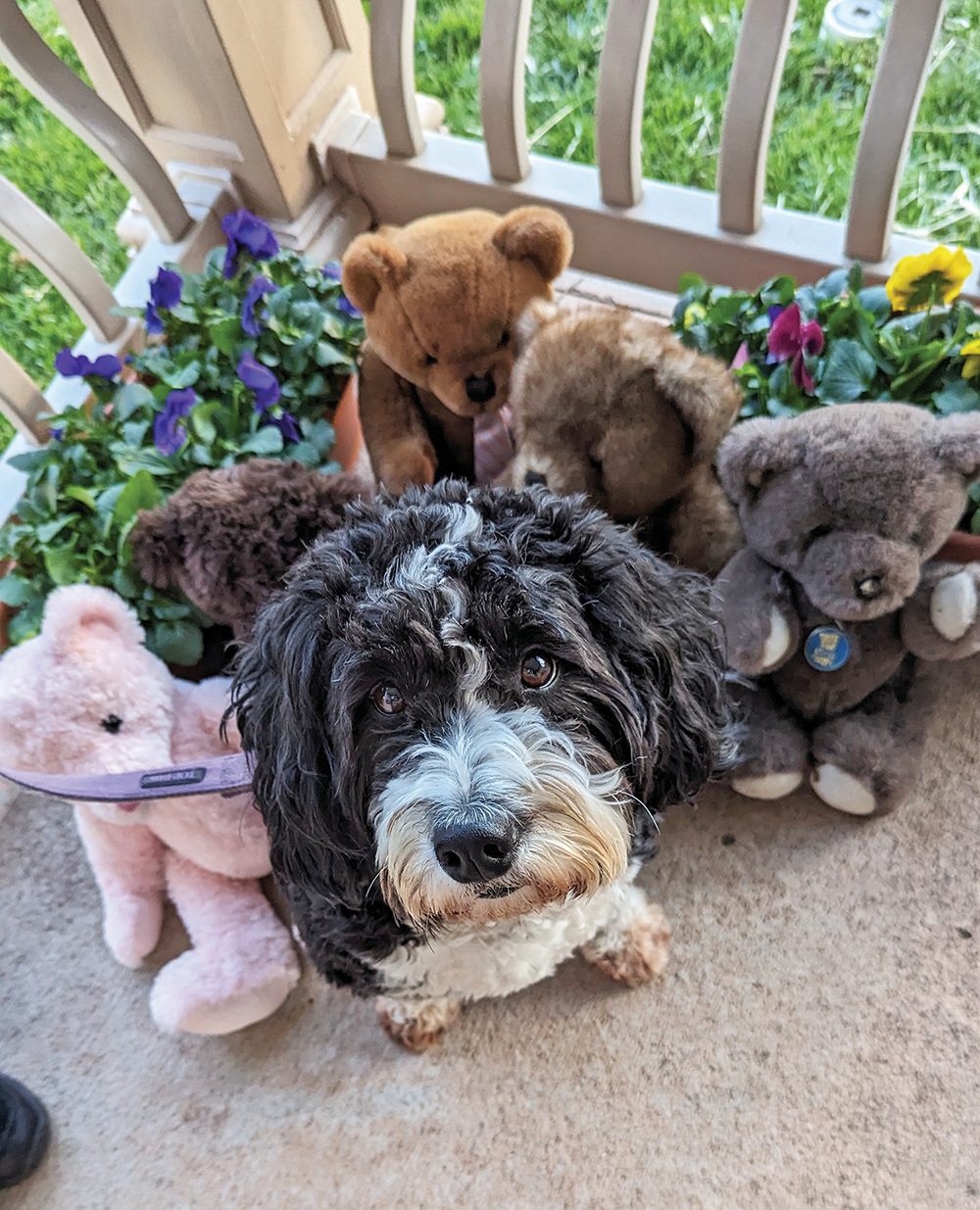The Teaneck Board of Education announced that it will keep its classrooms empty this fall. They didn’t communicate why they did not adjust to serve their students. They closed schools in March, and that was about it. There hasn’t been really any real-time teacher-led instruction since. This judgment will further the gap between the public and private school divides. My intention is to limit this. COVID-19 has presented a societal trauma, and we need to minimize long-term impact.
Closing an entire 3,700-student district to in-person instruction is a big deal, and 70% of TPS parents voted to have in-person instruction. There was a community protest after Teaneck public schools announced they would go 100% remote, which I attended despite not having students in the public school system. I would have not joined an event for other public school issues, like class sizes, recess availability or homework amounts. These issues are for parents, educators and administrators. While central for kids’ daily experience and development, it’s not the broader community’s place to advocate on these decisions.
However, closing all in-person learning for an extended period is monumentally different and should matter to the entire Teaneck community. We don’t know yet the destruction to long-term mental health that social isolation will unleash. There are kids and parents who can handle not having in-person instruction, but closing the door to all 3,700 students is extreme, particularly when a majority of the direct stakeholders are against this decision.
The BOE’s risk and benefit analysis is abhorrent. COVID-19 is the worst global public health crisis in perhaps a century. That said, look more carefully at the local facts: Teaneck public school students have not had any services in over five months. They fell behind academically, but far more crucial is the free-fall in special education services and social-emotional development, particularly among the youngest students. The needs are exaggerated because of how long the closing has transpired. It was the right decision to close the schools then because of the health risk and limited short-term mental health impact to kids. However, after over five months, the mental health risk has surpassed COVID-19 infection rate in Teaneck.
For the kids with the highest needs, schools facilitate services like special education and therapies. Public schools staying closed will heighten the divide between those who have resources and those who do not. Because yeshivas are opening, those students will get a reprieve and the services they haven’t had for months, while the rest of our Teaneck community won’t.
The health risk is still high nationally. COVID-19 is dangerous. In the greater NYC area, we have learned how to contain it. We know what to do. There will still be some cases, but there is a balance between providing for kids’ growing needs and protecting against the virus. Teaneck is in a county with very few cases and zero deaths in the last two weeks, ending August 26. Schools can open with modifications.
Local cases are lower because we’re doing the right things. We’re wearing masks, washing hands more and mostly staying home. We should keep these restrictions. Schools can’t simply operate as they did in February 2020. There is a middle way, and the Teaneck Board of Education is not undertaking any of the creative solutions that the yeshivas spent all summer working through.
I won’t venture to prescribe what opening in-person public school looks like practically, but at a minimum, there must be services for IEP students and young children. It’s the BOE’s role to determine how to balance the risk and benefit calculation. As of now, they have only considered the potential health risk and ignored the human toll on long-term social, emotional and academic health. The BOE made a sweeping call to close all in-person services to all kids. While some students and parents can handle remote learning, a considerable portion cannot. Those are the families who need an option.
I hold the Teaneck BOE accountable for their top 2019-2020 board goal, to “elevate academic programs by creating varied learning pathways and by improving student supports.”
I am a Jewish parent of three young children who attend marvelous Jewish schools, camps and daycares. We adore Yeshivat He’Atid, Camp Shalom and Gan Yaldenu. All have been instrumental to helping our kids develop emotionally, socially and academically; they have all adjusted to serve my kids despite this crisis over the last five months. I’ve avidly read their communications about how they are adjusting the physical environment and the precautions they are taking. My kids will probably be okay, and I’m grateful personally. However, this issue isn’t about only me and my family.
I typically focus on the Jewish issues that impact Teaneck: What new places can we order delicious kosher take-out from? How should my shul handle the expanding membership base in our limited space?
However, this broader Teaneck community issue is egregious, so I must speak up. We all walk the same loop around Votee Park and many of us lost power
during Hurricane Isaias. This issue is big enough that it doesn’t matter whether the kids hear kiddush or play basketball on Friday nights. There are students and parents who desperately need an in-person school option, both yeshiva and public schools. I care about our society and can make more of an impact locally than anywhere else. We can impact Teaneck public schools. I ask you to care about our Teaneck community and implore the BOE to reconsider opening all in-person services for all kids.
Rachel Bernstein is a CIO Data Insights Senior Director for Gartner, Inc. She lives in Teaneck, is married to a marvelous husband, and has three curious, happy and active children. She hopes to improve society one thoughtful, personal conversation at a time.












